BAFTA’s year of support in numbers
Welcome to Bafta's News Section
Stories
Featured Stories
Supporting Talent Number of items shown:(12)
Find out about our programmes supporting future talent.

Meet the 2025 US Breakthroughs

Meet the 2025 UK Breakthroughs

Collaboration in action: YGD alum taps into BAFTA Games network

In conversation... 2024's BAFTA Breakthroughs UK look ahead
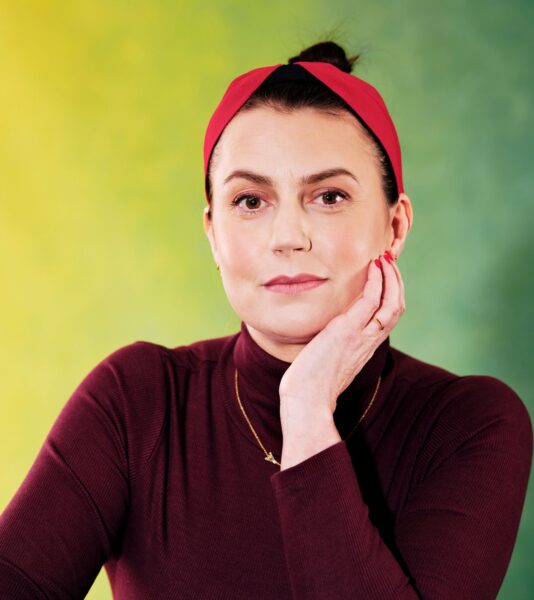
Talking about class: BAFTA Elevate's Jemma Gander

Adjani Salmon: Combining honest storytelling and comedy

In conversation... 2024's BAFTA Breakthroughs UK reflect
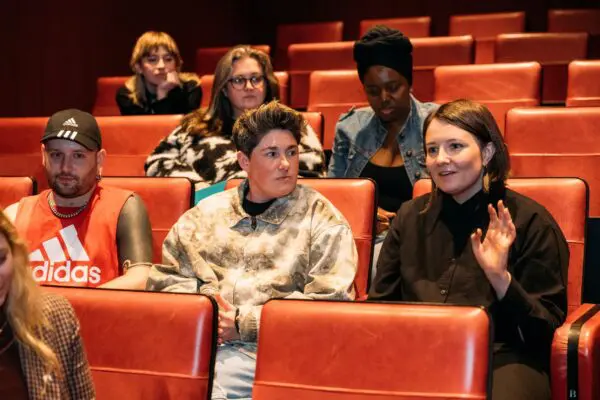
Championing LGBTQIA+ stories through mentoring

Celebrating 15 years of BAFTA Young Game Designers
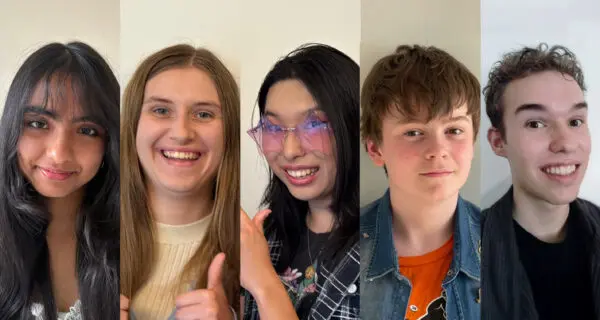
2025 Young Game Designers: the winners
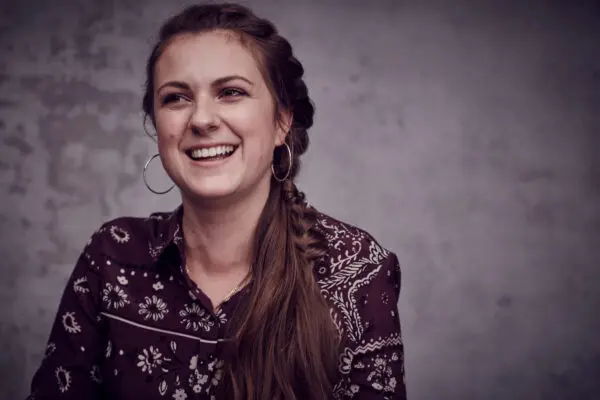
Lived experience’s role in impactful authentic storytelling

The powerful role documentaries play
Awards News Number of items shown:(7)
Read our latest awards news and find out more about our Fellows and Special Award recipients.
Read more
The Best Video Games of 2025
In Pictures: The BAFTA Scotland Awards 2025

Outstanding Contribution: Ewan McGregor OBE

Meet 2025's Favourite Scot on Screen

Outstanding Contribution: Location, Location, Location
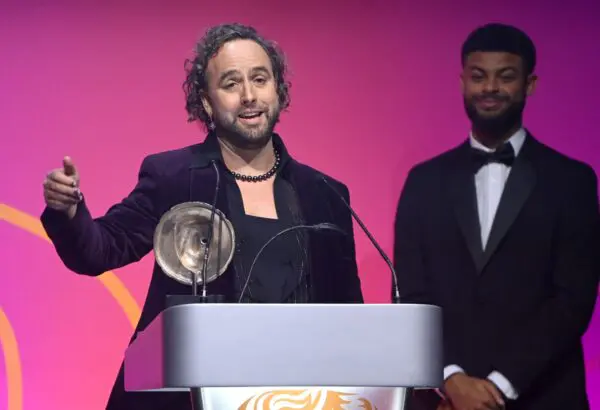
In Pictures: The BAFTA Cymru Awards 2025
News Number of items shown:(12)
BAFTA’s year of support in numbers

Meet the 2025 US Breakthroughs

Supporting Disabled people in the screen industries

Meet the 2025 UK Breakthroughs

Supporting creatives in uncertain times

Harris Dickinson: From EE Rising Star to Debut Director
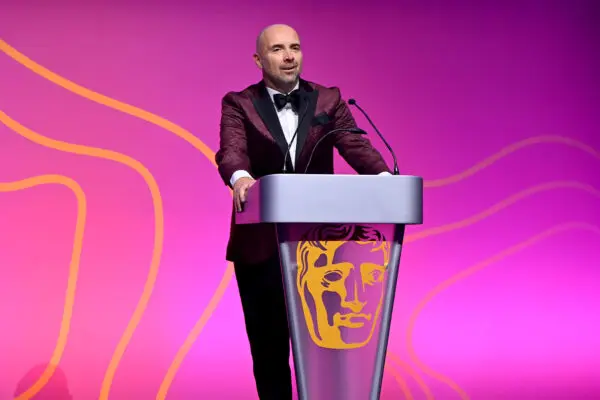
Putting Welsh film, games and TV in the spotlight

Inspiring shows: What makes a National Treasure?

Inspiring people: What makes a National Treasure?
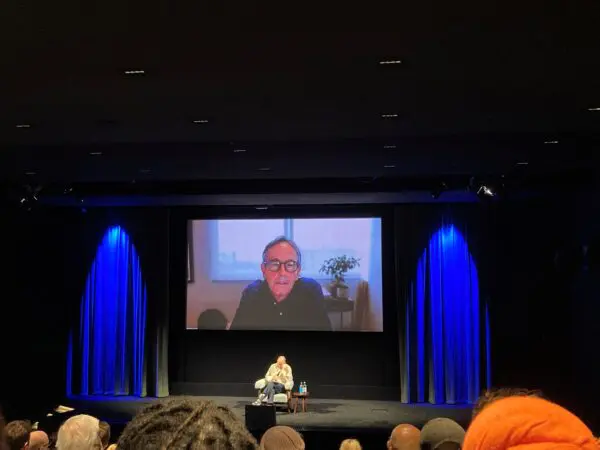
Jurassic World Rebirth: Bringing dinosaurs to the big screen sustainably
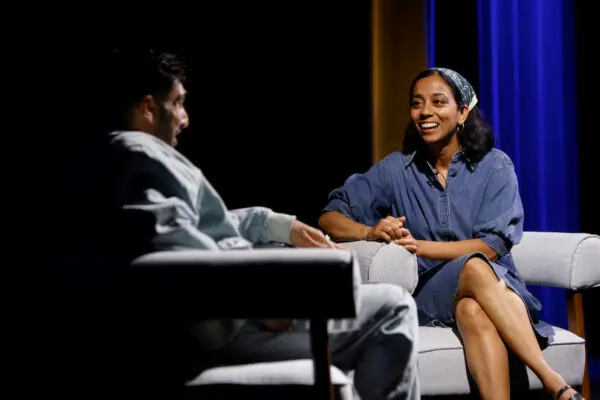
Anjana Vasan & Mawaan Rizwan talk South Asian representation
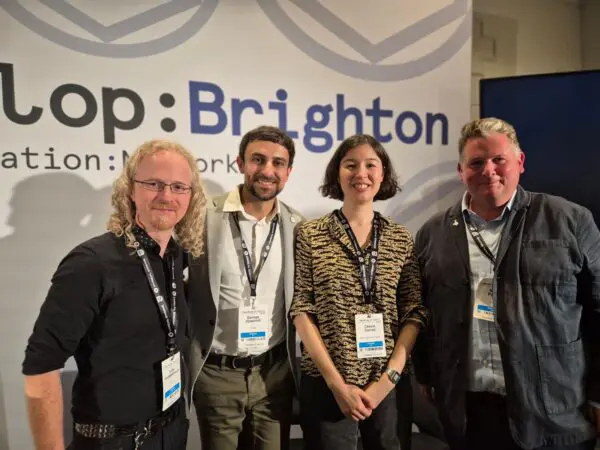
Discussing cultural recognition in the games industry
YouTube Highlights Number of items shown:(8)
Explore all our great video content from Acceptance speeches to behind the scenes chats.

Looking to the future of interactive storytelling in games

Jurassic World Rebirth: Bringing dinosaurs to the big screen sustainably

Anjana Vasan & Mawaan Rizwan talk South Asian representation

The role of games in promoting a greener future

Putting conservation storytelling at the heart of Shark!

How climate storytelling is being embedded in factual entertainment






